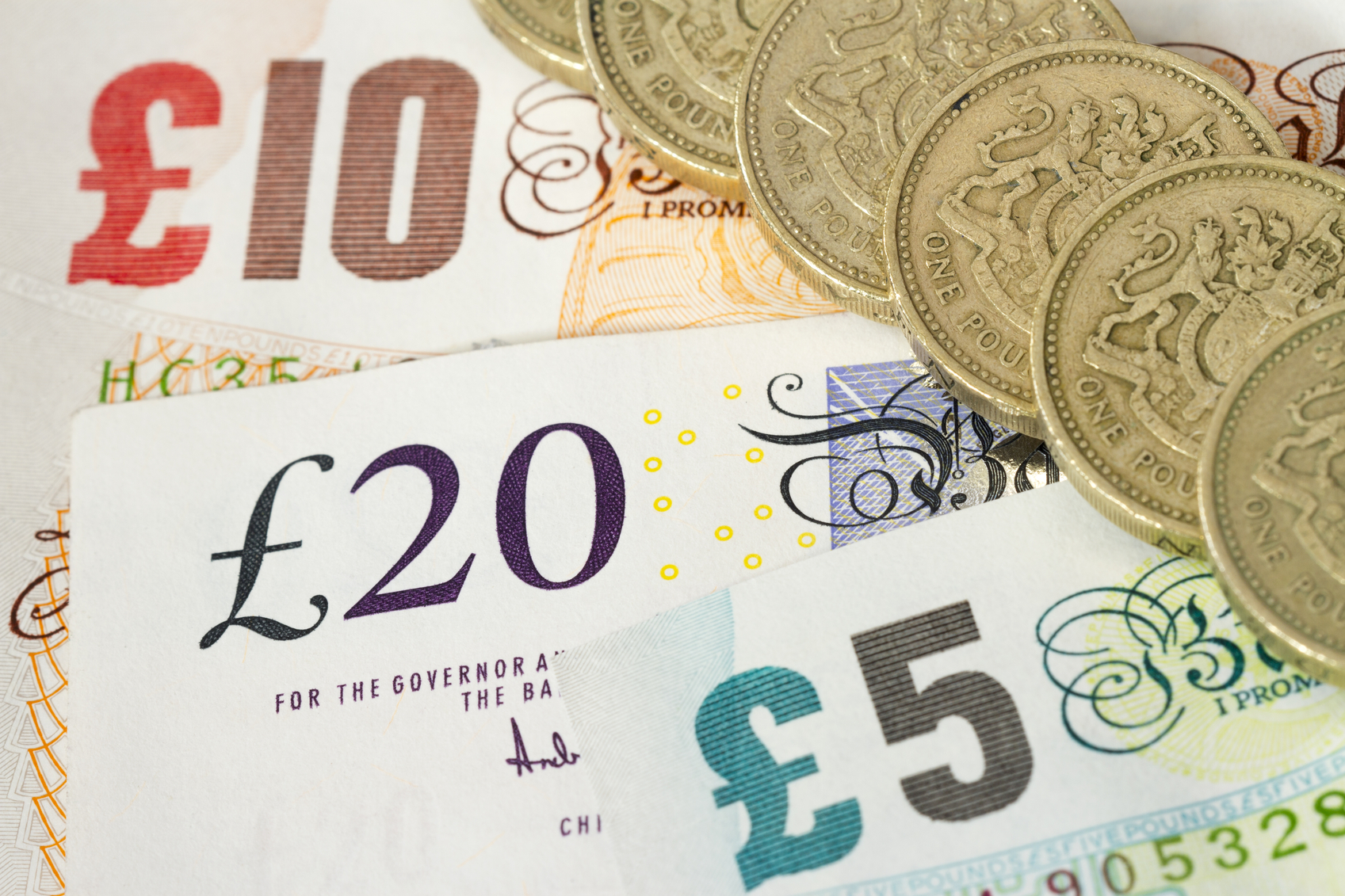NICE plans to charge for appraisals – but pharma wants reform first

England’s cost-effectiveness watchdog is under financial pressure and wants to introduce charges to pharma companies for appraisals from next year
Set up in 1999, England’s cost-effectiveness watchdog NICE has established itself as probably the world leader in assessing new medicines.
Despite some major, and indeed ongoing, controversies over its decision-making methods, NICE is generally respected by international pharma companies.
Until now, NICE’s technology appraisals (TAs) of new drugs have always been conducted free of charge to pharma, but all that looks set to change.
Facing shrinking funding from government, NICE needs to find new sources of revenue, and is now proposing charging pharma companies for appraisals from as early as April 2017.
First floating the idea in its annual business plan in March this year, NICE has already had some behind-the-scenes discussions with pharma about the plan.
The plans raise many questions about whether it would change relations between NICE and pharma – but it’s also clear that it creates an opportunity for pharma to ask for something in return.
Indeed, UK industry association the ABPI has told pharmaphorum that it wants to see NICE reformed before it will accept charges.
Paul Catchpole, director of value and access at the ABPI says reform of NICE is near the top of its wish list for change.
This includes changes to its core methodology, the QALY, which industry believes is too strict and inflexible to deal with 21st-century medicines, and the associated complexities and uncertainties.
Catchpole says that for NICE to be ‘fit for the future’ it needs to evolve further.
“The ABPI’s position is that industry is keen to see NICE and some of its methods evolve. Once that has taken place we’d be happy for fees for service, potentially.”
NICE’s 2016-2017 Business Plan includes among its goals for the period: “Put in place arrangements to charge the cost of the technology appraisal to industry users, from April 2017.”
Beyond that, NICE isn’t yet ready to talk about how it envisages the system working.
“We are still in the process of developing plans for fee charging, about which we are currently in discussions with government and industry,” a spokesman told pharmaphorum, but wasn’t able to comment further.
So how much might it cost?
Independent health economist Leela Barham says it is difficult to argue against the logic of paying for NICE’s appraisals. Industry fees for marketing authorisation reviews by the FDA, EMA and UK’s MHRA are well established, and help pay for the expert staff required to carry out their specialised work.
She says she doesn’t see why industry shouldn’t make a ‘reasonable contribution’ – but it is isn’t clear what a reasonable amount would be.
Pharmaceutical companies already pay NICE for its Scientific Advice service, which, anecdotally, is understood to cost somewhere between £15,000 and £50,000. NICE also launched a dedicated, fee-based service via the new Office for Market Access last year. This provides a one-stop shop for life science companies wanting to discuss current and future products; a confidential ‘safe harbour’ discussion will cost £15,000 to £18,000.
So how much does an average NICE TA actually cost? Leela says a back-of-the-envelope calculation using activities and the cost of NICE’s Centre for Technology Appraisal, suggests that a TA could cost around £250,000- £300,000.
This is not a small sum, and pharma will want assurances about the speed and quality of the appraisal – though, of course, there still wouldn’t be any guarantees of a ‘yes’ decision.
It is useful to put this fee into context; it’s small change compared to the cost of submitting a new application with clinical data to the FDA – which costs no less than $2,374,200.
FDA fees were first introduced by the Prescription Drug User Fee Act (PDUFA) in 1992, which also introduced performance benchmarks for the agency. (Read this in-depth commentary of the impact of PDUFA on the Genentech website, which argues strongly that it has been overwhelmingly positive, producing faster and leaner decision making. Others argue that by making an agency dependent on industry fees hugely compromises its independence).
So will the introduction of NICE fees be a good thing?
“I’m in the ‘yes but’ camp,” says Leela.
“Doing a NICE TA is expensive and time-consuming, and if we can focus people’s minds on the resources that go in to appraisals, and how much we get out of them, that will be a good thing.”
She points out that the NHS implementation of NICE guidance, and subsequent uptake of NICE-approved drugs, is variable.
“Everybody wants that NICE approval but the system doesn’t always respond greatly.”
Knowing the cost of a TA could turn out to be just the catalyst for reform of NICE and its processes that pharma wants.
NICE has been under pressure to streamline its reviews for many years. These take longer, cost more and, traditionally, haven’t produced very different results to the Scottish Medicines Consortium (SMC), its equivalent north of the border.
Leela says the SMC process has, arguably, changed more than NICE over recent years.
“It’s worth noting that the SMC conducts a high-quality appraisal and probably at a lower cost than NICE.”
Speaking to one senior pharmaceutical executive who has worked closely with NICE on numerous occasions, pharmaphorum asked if fees would be welcomed by industry or not.
Calling the idea 'neither good nor bad', he said charging fees would make NICE more accountable if appraisals were delayed or didn't follow procedures.
‘Probably not sustainable’
There is no doubt that NICE is being stretched to find efficiencies across its operations, in line with the austerity measures still taking effect across UK public sector bodies. NICE says cuts to its budgets in this, and the last, financial year mean a 10% reduction compared to 2013/14, bringing its annual funding to $62 million. On top of this, NICE has been tasked with major new programmes, such as the highly specialised technologies, but given no extra funding.
Nevertheless, asked if he thought NICE's performance was suffering because of the cutbacks the pharma exec said, "I don't get that impression. It's got a lot on its plate, but it has lots of good ideas and would like to do more."
However he added that NICE's current approach was “probably not sustainable”.
He says this is especially the case in oncology, as a wave of novel cancer drugs are being launched in multiple indications and combinations, creating a huge and complex workload for NICE and other health technology assessment agencies.
This is particularly relevant in the light of NICE taking on lots of extra work. Most significant is the complex and controversial new Cancer Drugs Fund, which entails NICE appraising all new cancer products ahead of marketing authorisation. This ambitious system will put an extra burden on NICE and pharma companies, and many in industry, and patient groups, remain deeply sceptical about its chances of improving access.
There are also many questions still to answer about the practical details of the fees system. For instance, what would happen if a company refused to pay for an appraisal – would it still go ahead? This and other questions will need to be ironed out, but NICE will have to work fast if it wants a system in place by next April.
These developments will make discussions between pharma and NICE about charging for its core TA process even more intriguing. While pharma won’t have any real power to resist fees, there is no doubt that payment will change the relationship, and open up NICE to further scrutiny and pressure for change.












